I hope you had a wonderful Christmas and a Happy New Year’s Day.
What better way to start the first Wednesday after the New Year’s Day but with God calling Moses to lead God’s people out of their bondage to a new land. God gets Moses attention by a burning bush that is not consumed. Once he has Moses’ attention, God tells Moses that he (GOD) has seen his people’s affliction by their task masters and that Moses will lead them out.
There must be numerous reasons why Moses doesn’t want to do this or think he is qualified. He did kill an Egyptian, he left the whole situation behind (who wants to revisit bad situations); he gets along with his father-in-law, living a quiet life in Midian tending sheep, an early retirement of sorts. Moses’ response to God is priceless and I loosely quote.
“Why the heck would I want to do that? Please don’t make me.”
Sometimes, oft times, the call of God to us is inconvenient. Asking us to change our plans, to change our calendar, to change our way of thinking and living, to change in general, is inconvenient. We don’t want to change because we like who we are. But the burning bush lure for some is just to great and they fall in line with God’s will for them. If we, as people of the way, do anything less, we lose out on living life. Peace.

